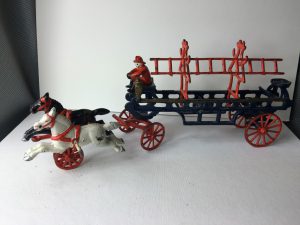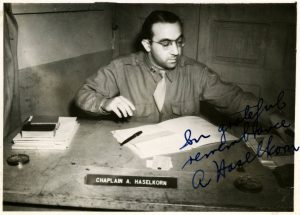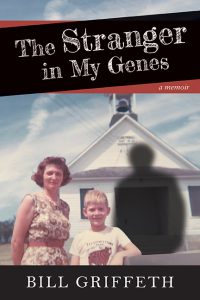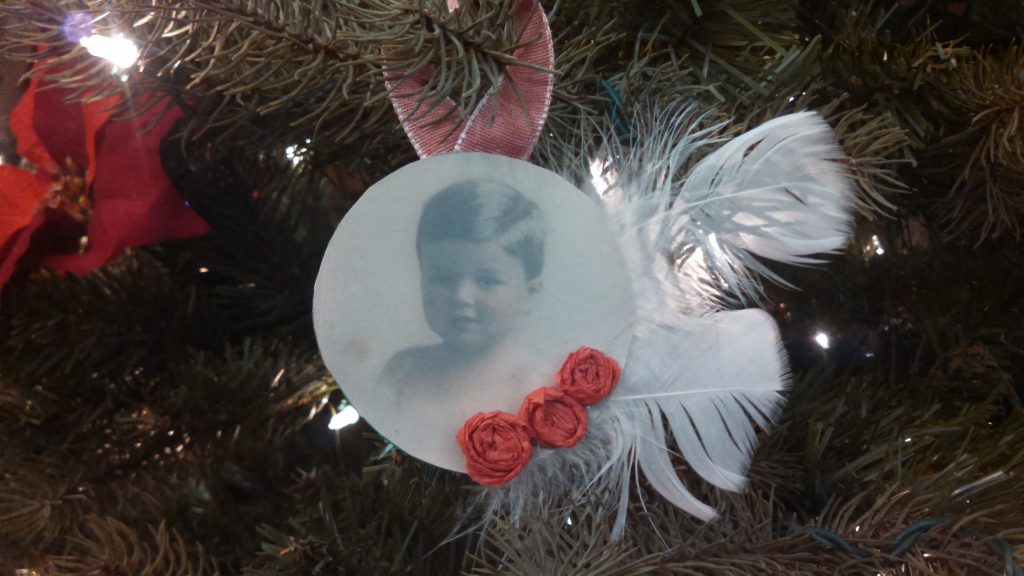At the beginning of 2017, Vita Brevis can boast 1,177,549 page views: while individual readers have surely read multiple articles on a given visit, that million+ reader count is still impressive!
 Vita Brevis reached its one-millionth page view on 7 July, some two-and-a-half years after the blog’s launch on 10 January 2014:
Vita Brevis reached its one-millionth page view on 7 July, some two-and-a-half years after the blog’s launch on 10 January 2014:
“And what do [its contributing authors] write about?
“We write about what interests us, as researchers, as professional genealogists, as editors, as archivists. Sometimes the topic is our own research interests; sometimes we offer tips from our experience as a beginning, an intermediate, or an expert researcher; and sometimes we describe an aspect of our work, here in Boston or elsewhere as part of an NEHGS education program. What we are always trying to do, as promised in an early blog post, is to write ‘short posts on research methods – applicable to a variety of genealogical subjects – as well as posts on results. Like a mosaic, these posts will, in time, form a new collection for the genealogical researcher to explore.’”
 On 25 August, Alicia Crane Williams mused on the uses of “visual learning” in cataloging her collection of family papers, art, and hard-to-categorize ephemera on Facebook:
On 25 August, Alicia Crane Williams mused on the uses of “visual learning” in cataloging her collection of family papers, art, and hard-to-categorize ephemera on Facebook:
“It has turned out to be surprisingly simple. An Iphone attached to a tripod is about all one needs, although I have some extra lighting in my ‘studio’ (the master bathroom) that I also use for still photographs of items for the ‘archives.’ As the now experienced videographer of nine three- to five-minute videos, I am certainly having fun and with about 30–60 views on each of the videos so far, somebody is looking at them (though I’m not sure how many are related). Feedback indicates viewers are enjoying their mini-history lessons, at least.
“Subjects of the videos so far show an eclectic mix: an antique cast-iron fire wagon (my favorite toy), two china-head 19th-century dolls, my great-grandmother’s Whitsuntide cup, a four-generations genealogy orientation, baseballs (my grandfather was the manager of a baseball factory), beadwork and fans, and family photos and really old glasses.”
 In September, Kelsey Sawyer reported a serendipitous encounter at August’s “Free Fun Friday” event, when staff members at the Society’s Jewish Heritage Center connected a visitor to family photos and other documents in the Cantor Morton Shanok Papers:
In September, Kelsey Sawyer reported a serendipitous encounter at August’s “Free Fun Friday” event, when staff members at the Society’s Jewish Heritage Center connected a visitor to family photos and other documents in the Cantor Morton Shanok Papers:
“One of the first photos pulled from the folder was of Abraham Haselkorn sitting at his desk in front of a name plate that read ‘Chaplain A. Haselkorn,’ which he had signed for Morton Shanok. The couple immediately said ‘That’s Uncle Abe!’ The husband was very emotional at seeing this photograph of his uncle. They looked through some of the photos, putting aside some to be scanned and emailed to them. They had to leave for their consultations and had other appointments later in the day elsewhere, so they gave us their contact information so we could be in touch later about the collection.”
 Also in September, NEHGS Treasurer Bill Griffeth introduced his new book, The Stranger in My Genes. In a follow-up blog post on 24 October he told of a friend’s response to the book (with its revelations about Bill’s parentage); unlike Bill, who found this new information startling if, ultimately, rewarding, for Tom the results of his DNA test remain painful:
Also in September, NEHGS Treasurer Bill Griffeth introduced his new book, The Stranger in My Genes. In a follow-up blog post on 24 October he told of a friend’s response to the book (with its revelations about Bill’s parentage); unlike Bill, who found this new information startling if, ultimately, rewarding, for Tom the results of his DNA test remain painful:
“Tom told us how he reached out to his biological family. ‘I think we might be related,’ he told his half-brother when he called him out of the blue one afternoon. Tom learned about his biological parents, who were both long gone, and he developed a relationship with a few of his blood relations. They sent him family photos and told him about his family’s history.
“I noticed the distant look in Tom’s eyes as he told this part of the story. He had taken the DNA test four years ago, and while the initial shock had worn off, it was clear that the disappointment had not. And it probably never will.”

On 16 November, Genealogist of the Newbury Street Press Chris Child wrote on the research process whereby ancestors become “former ancestors”:
“My recent post about twins in the family – correcting my ancestor Sarah (Johnson) Eaton’s ancestry – reminded me of various corrections to my family papers over the years. As I had indicated there, when I started my genealogical research, I was given an enormous head start on my native Connecticut ancestry. Two friends of my great-grandparents had prepared family charts tracing nearly all of my grandfather’s ancestors back to the immigrants in the 1600s. While this was a terrific help, over the years I have found sometimes that this material wasn’t always right. Many times the ancestors on the charts were listed in published genealogies, but my attempts to confirm the line have led me to revisit these ancestors, sometimes turning them into ‘former ancestors.'”
 And on 7 December, just in time for Christmas, Ginevra Morse – the Society’s Director of Education and Online Programs – offered readers an easy guide to creating holiday decorations with a family theme:
And on 7 December, just in time for Christmas, Ginevra Morse – the Society’s Director of Education and Online Programs – offered readers an easy guide to creating holiday decorations with a family theme:
“Since 2013, staff at NEHGS have combined spirited crafting and a passion for genealogy by creating special ornaments using (facsimiles of) family photographs. The ornaments adorn the tree at the Society and are taken home just before Christmas. Even among unrelated crafters, we can’t help but share the ‘who,’ ‘what,’ and ‘when’ of our photos with each other. Some staff have even chosen to represent lines of descent within a single ornament – a family tree in 3D!
“From our family to yours, adopt this crafting tradition and celebrate your ancestors by creating a special keepsake ornament. When made with family members – especially children or grandchildren – you’ll not only create new family memories, but also share a piece of family history. Follow the basic instructions below or click here for printable instructions and templates.”
Thank you for all the topics. Some have been helpful, some just entertaining, but all that I have read have been interesting.,
Lots of interesting posts this year and I’ve been reading regularly. Also, I read the book “The Stranger in my Genes” recently. While it has been and is difficult for him personally, Bill Griffeth is a great storyteller and I enjoyed his book immensely.